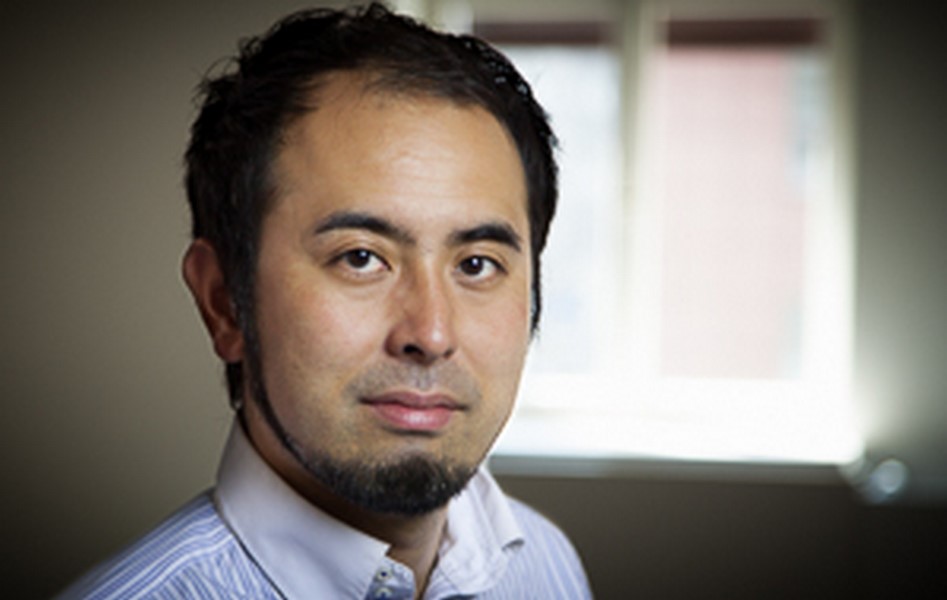Decision-making and risk-mitigating behaviours against heat stress among secondary school students.

- Date
- Wednesday 17 November 2021, 14:00-15:00
- Location
- Online - book below
Abstract
Warming climate enhances heat-related illness risks. Current research on heat stress has predominantly examined hazard and exposure factors as a cause of health impacts. They assume that heat stress is mainly caused by prolonged exposure to extreme heat environments, limited water intake, and failure of temperature regulation of one's body. However, to this date, little research has analysed the impacts of psychological, social, and cultural aspects as risk factors for heat stress. We investigate whether psychological, social, and cultural elements, such as risk perception and group dynamics (e.g., conformity), are associated with behaviours to reduce heat stress risks. We collected surveys from secondary school students in an urban area in Japan. We built a structural equation model based on the dual process of intentional and reactive decision-making. The analysis shows relationships between risk-mitigating behaviours and psychological, social, and cultural factors.
The Speaker
Dr. Masa Haraguchi is a postdoctoral researcher at Harvard T.H. Chan School of Public Health. He is also a visiting fellow at the Research Institute for Humanity and Nature. Masa's research interests include risk analysis, disaster and health risk management, decision making under uncertainty, resilience, and sustainability. He has contributed to the UN's Global Assessment Report on Disaster Risk Reduction, UN's Industrial Development Report, and policy reports from the WTO and the World Bank. He is a member of the World Meteorological Organization's High-Impact Weather Project. Masa earned his Ph.D. in Earth and Environmental Engineering from Columbia University, where he worked on projects in the Columbia Water Center at the Earth Institute. He was a fellow of the Robert Bosch Foundation’s Global Governance Futures programme in 2014-15.
